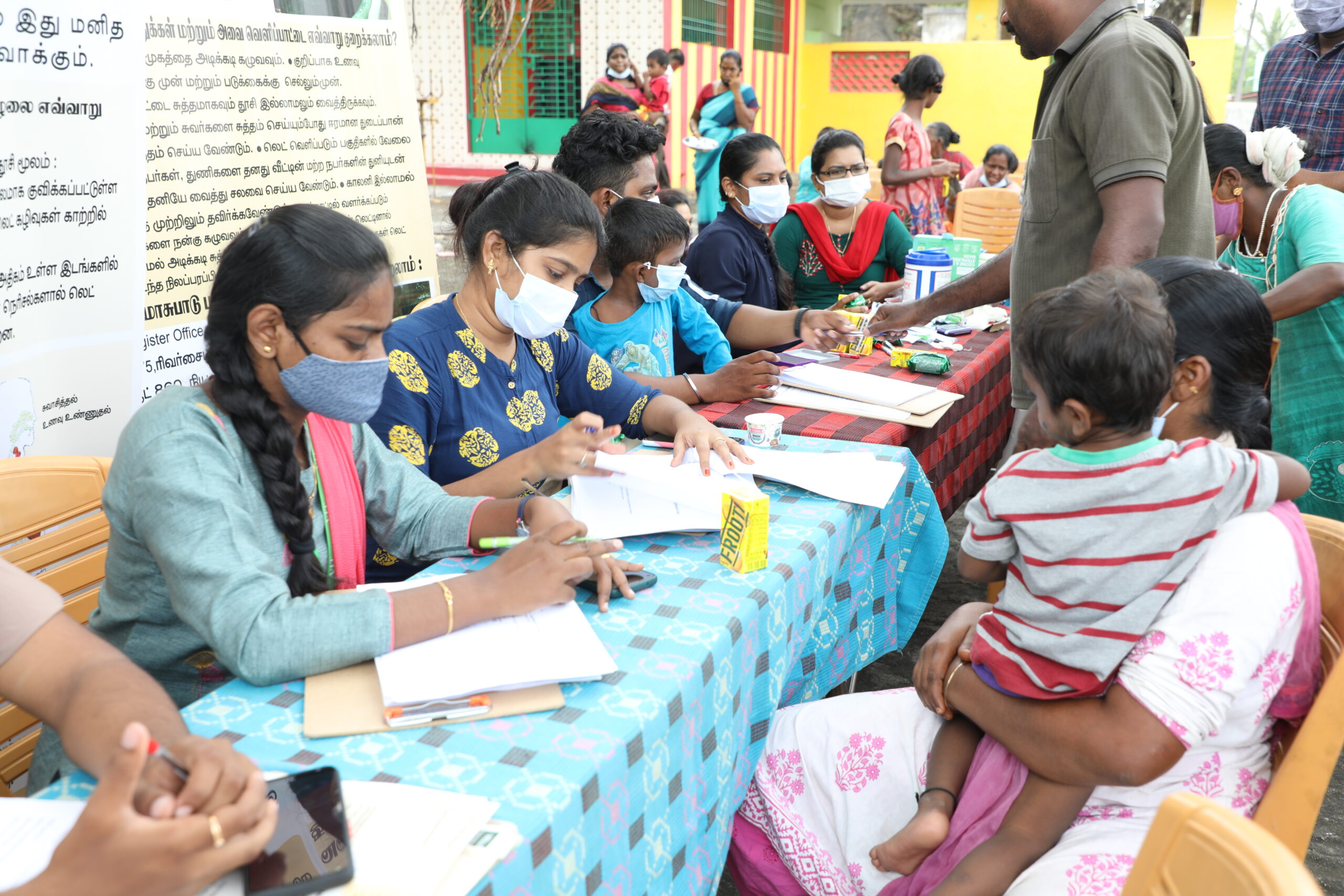Read the full capacity assessment report.
As an essential step toward establishing such a system at the state level in Maharashtra, we conducted a capacity assessment to evaluate existing laboratory capacity and health system structure and provide recommendations for capacity strengthening and surveillance options best suited for Maharashtra. This capacity assessment report evaluated the policy landscape, public health infrastructure laboratory capacity to initiate and support a statewide childhood lead surveillance system, which will be fulfilled in close collaboration with the Public Health Department (PHD), Government of Maharashtra.
Preventing exposure to lead (Pb) is particularly important for health, because neurological and behavioral impacts caused by lead exposure among children are generally irreversible. Blood lead surveillance is a critical component of a comprehensive lead poisoning prevention program, as effective and comprehensive prevention begins with information obtained from surveillance. Unfortunately, at present, very few countries in Asia have established blood lead surveillance due to a lack of awareness and resources.
In India, a recent National Institution for Transforming India (NITI) Aayog—Council of Scientific and Industrial Research (CSIR) report has highlighted the importance of establishing blood lead surveillance that can generate high-quality local data to help understand lead exposure and health burden among Indian children. This may be implemented effectively at the state level, starting in states including Maharashtra, where there is demonstrated government commitment to addressing environmental health issues. Statewide childhood blood
lead surveillance typically involves monitoring blood lead levels (BLLs) among children and collecting other information that may indicate risks and sources of lead exposure.
Acknowledgements
Vital Strategies and Pure Earth gratefully acknowledge the support of the Public Health
Department of the Government of Maharashtra in this assessment. Commissioner of Health Services cum Mission Director National Health Mission gave his input and connected us with concerned senior health officials. We thank the officials from the State Family Welfare Bureau, State Health Systems Resource Centre, State Surveillance Unit, and State Public Health Laboratory for providing us with valuable insights who work under the leadership of the Director of Health Services. The assessment was made possible by the generous support received from Takeda Pharmaceuticals.
Contributors:
- Yatin Pimplé, Vital Strategies
- Yi Lu, Vital Strategies
- Sumi Mehta, Vital Strategies
- Dan Kass, Vital Strategies
- Lavanya Nambiar, Pure Earth
- Debanjana Choudhari, Pure Earth
The views expressed in this report are those of the contributors and do not necessarily reflect
those of the funders or the Public Health Department of the Government of Maharashtra.


